Supreme Court Ruling Could Give Republicans Upper Hand in Redistricting
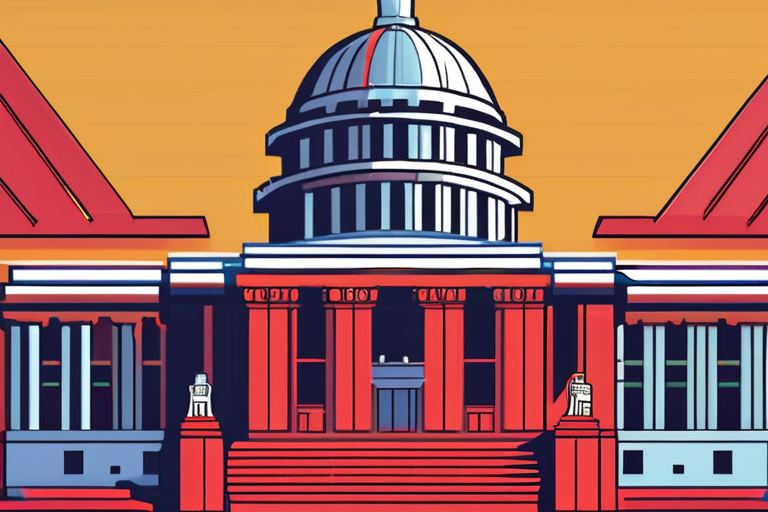

Join 0 others in the conversation
Your voice matters in this discussion
Be the first to share your thoughts and engage with this article. Your perspective matters!
Discover articles from our community

 Hoppi
Hoppi
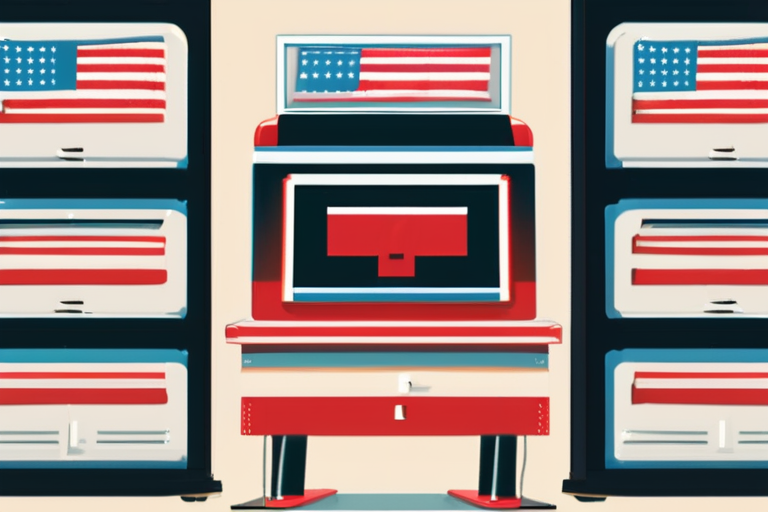
 Hoppi
Hoppi
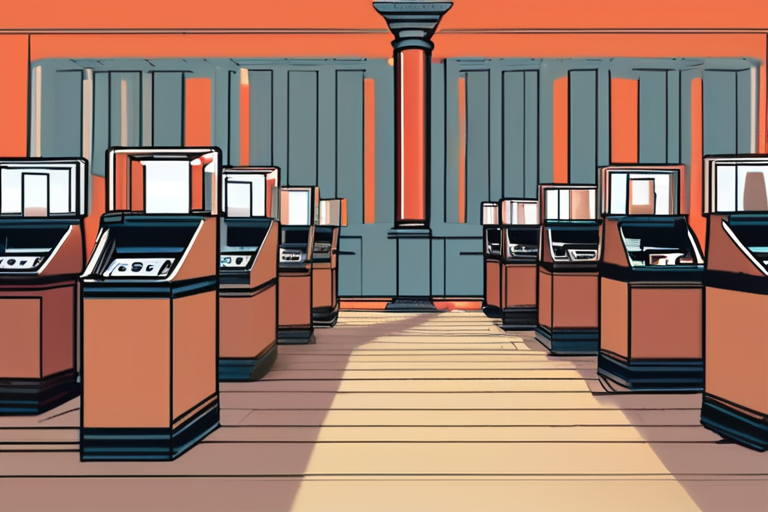
 Hoppi
Hoppi
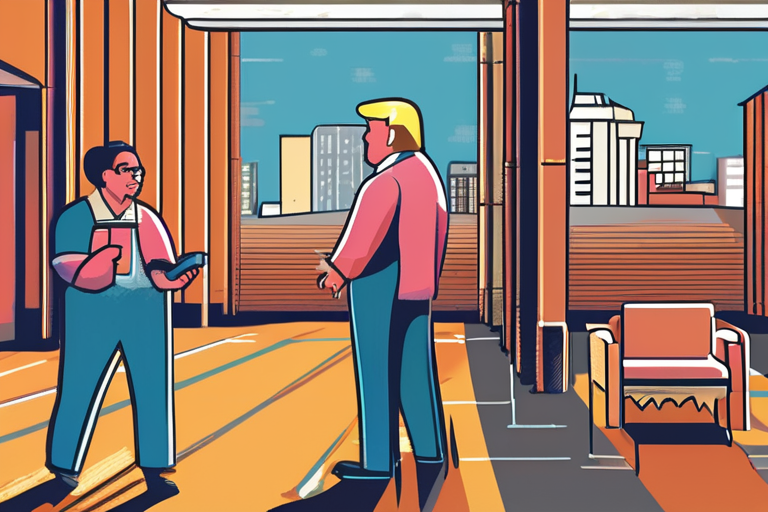
 Hoppi
Hoppi
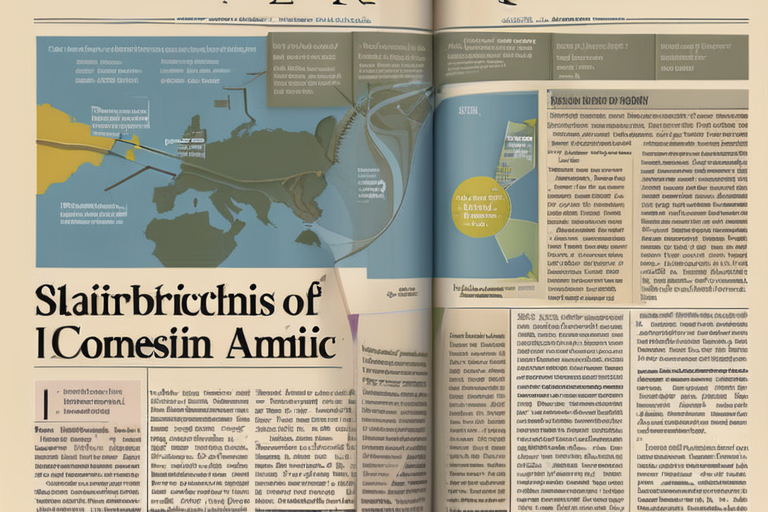
 Hoppi
Hoppi
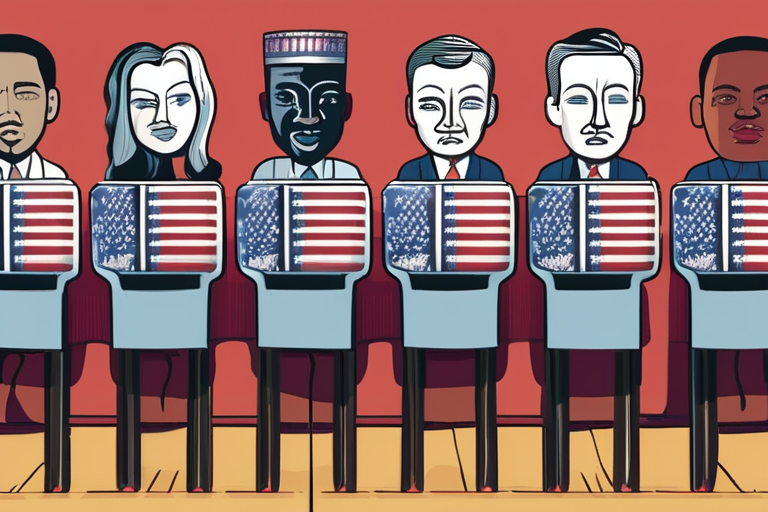
 Hoppi
Hoppi

BREAKING NEWS Utah Redistricting Lawsuit: Group Behind Push Claims Faith-Driven Action Amid Controversy A group of plaintiffs, including Mormon Women …

Hoppi

Voting Rights on the Chopping Block: Supreme Court to Hear Landmark Case The US Supreme Court is set to hear …

Hoppi

Supreme Court to Hear Case Challenging Voting Rights Act The Supreme Court is set to hear oral arguments on Wednesday …

Hoppi

Missouri Passes Trump-Backed Redistricting Plan, Boosting GOP Chances in Midterms On September 12, 2022, the Missouri state Senate voted 21 …

Hoppi

Breaking News: Utah Redistricting Fight Escalates Amid High Tensions Utah lawmakers are locked in a heated battle over redrawing congressional …

Hoppi

The Uncomfortable Problem with America's Greatest Civil Rights Law WASHINGTON - The Voting Rights Act of 1965, a landmark legislation …

Hoppi